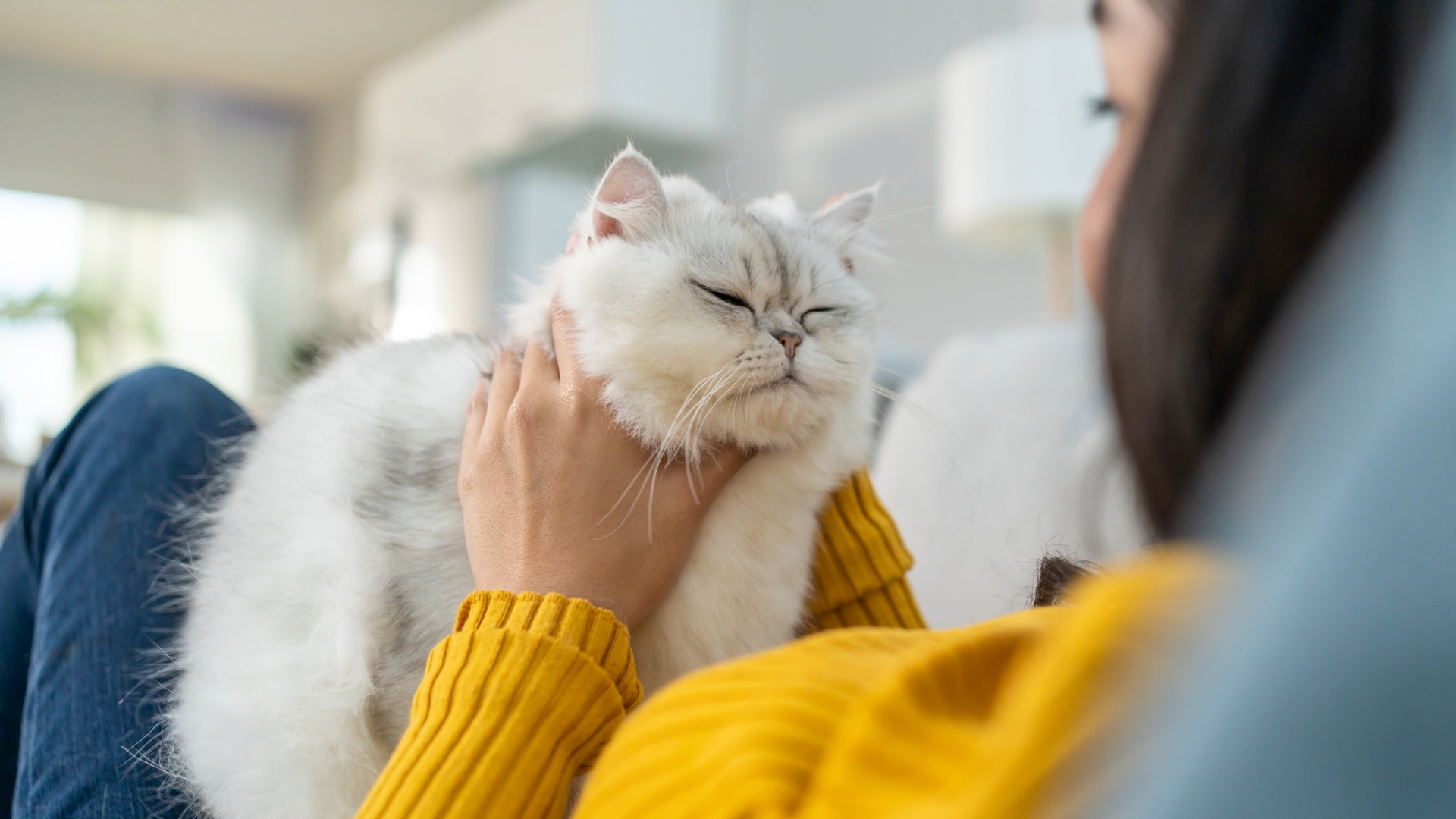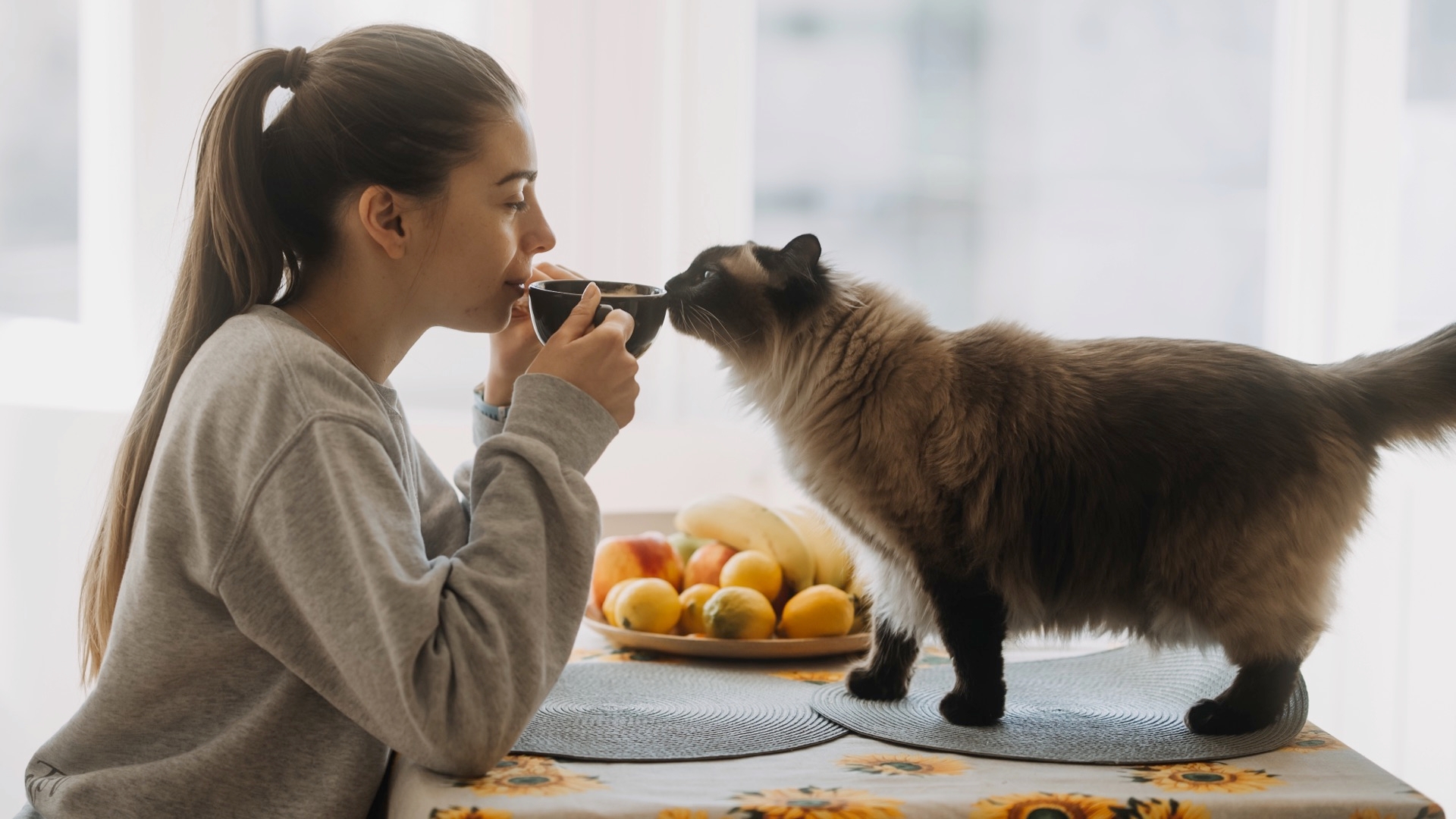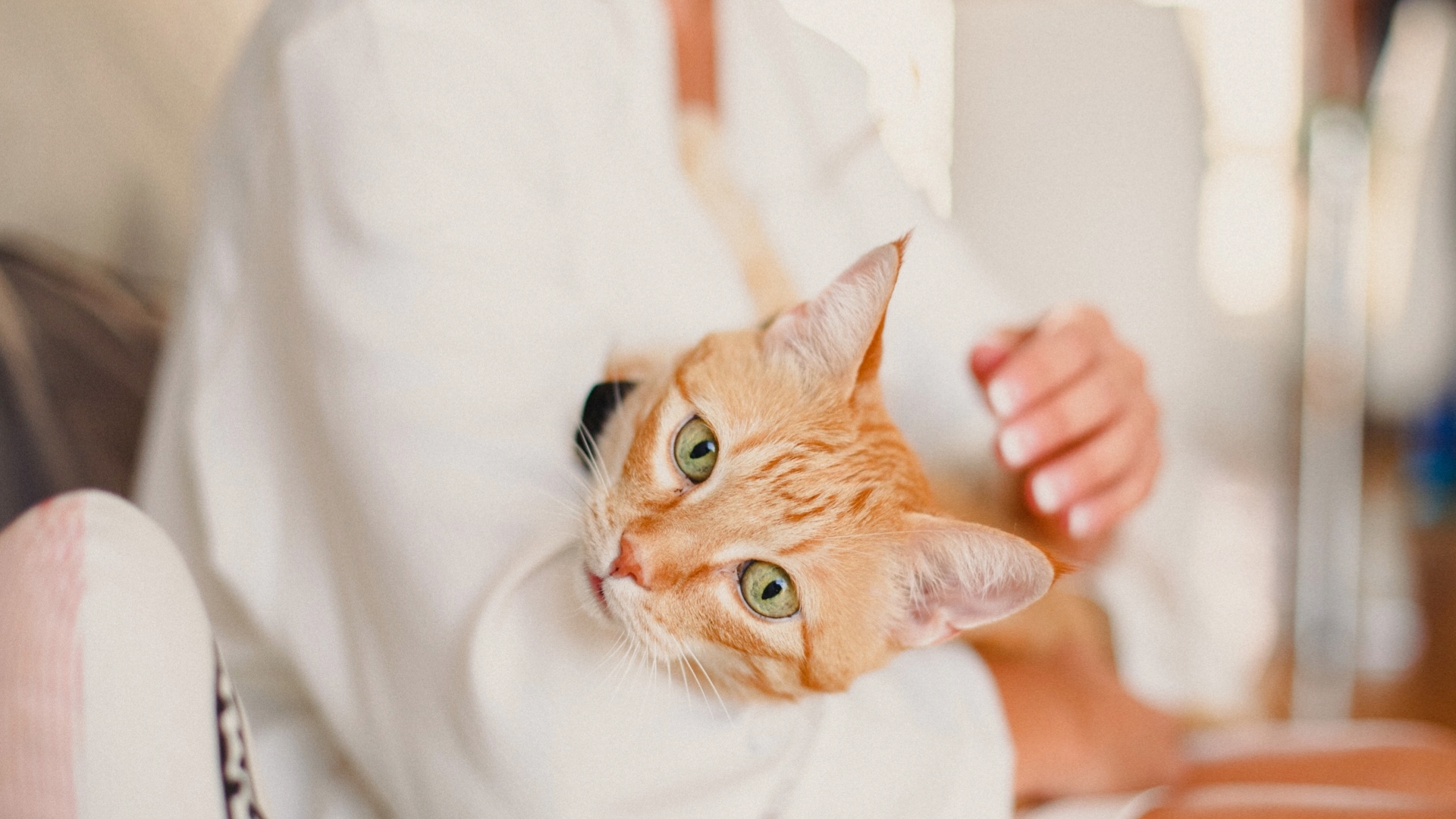Cat:
The tag "cat" relates to: dog, feline, flea control, fleas, health, negative behavior, pet health, pets, responsible pet ownership, and training. For more tags, view our complete tag index.
The following blog entries have been tagged "cat".
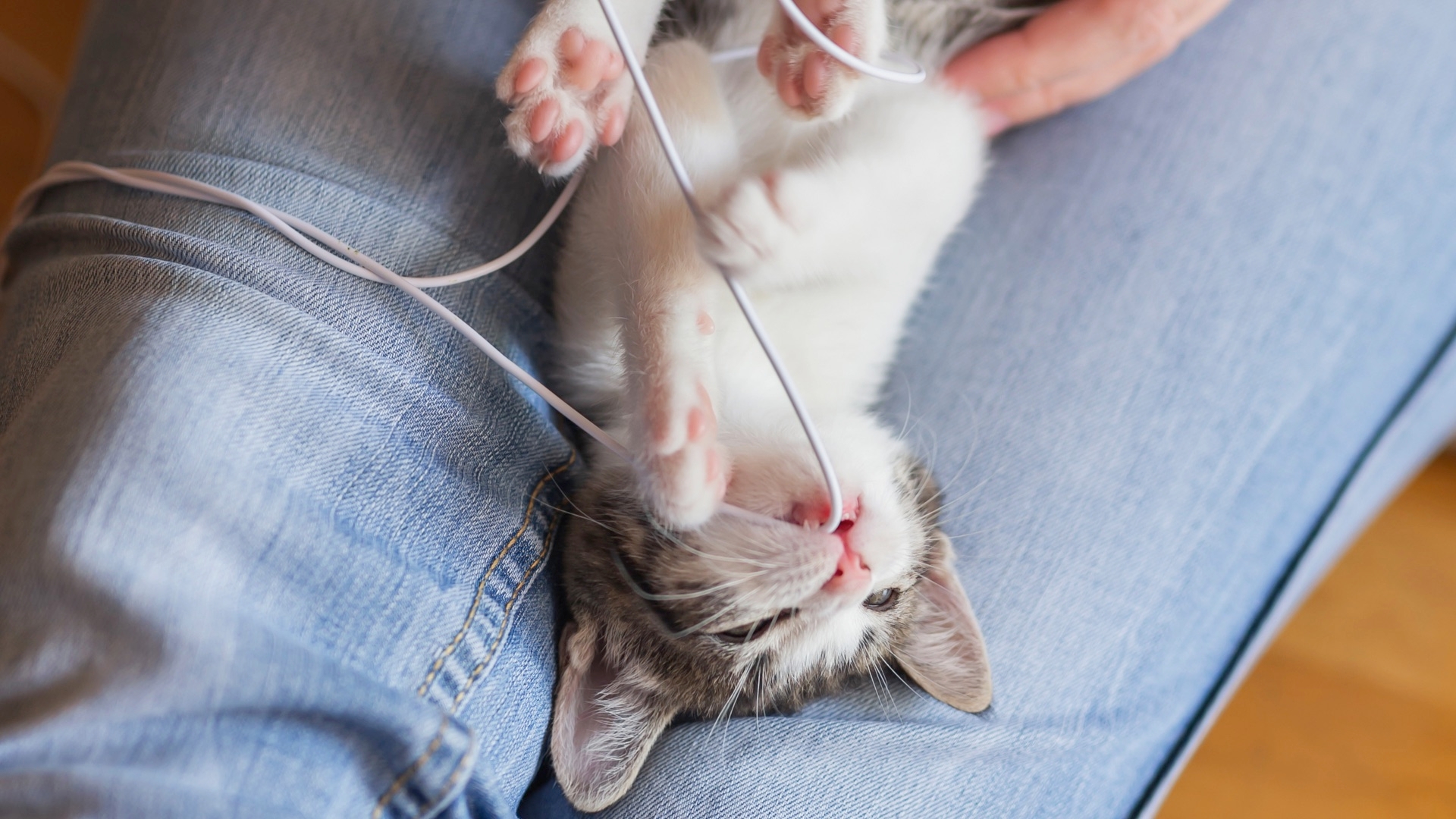
There are medical as well as behavioral reasons why cats chew, lick, or eat non-food objects. A kitten, just like a baby, will take everything into her mouth just out of curiosity. It is thought, though not scientifically proven, that an adult cat who persists on chewing and eating a non-food item may be lacking certain nutrients in her diet.
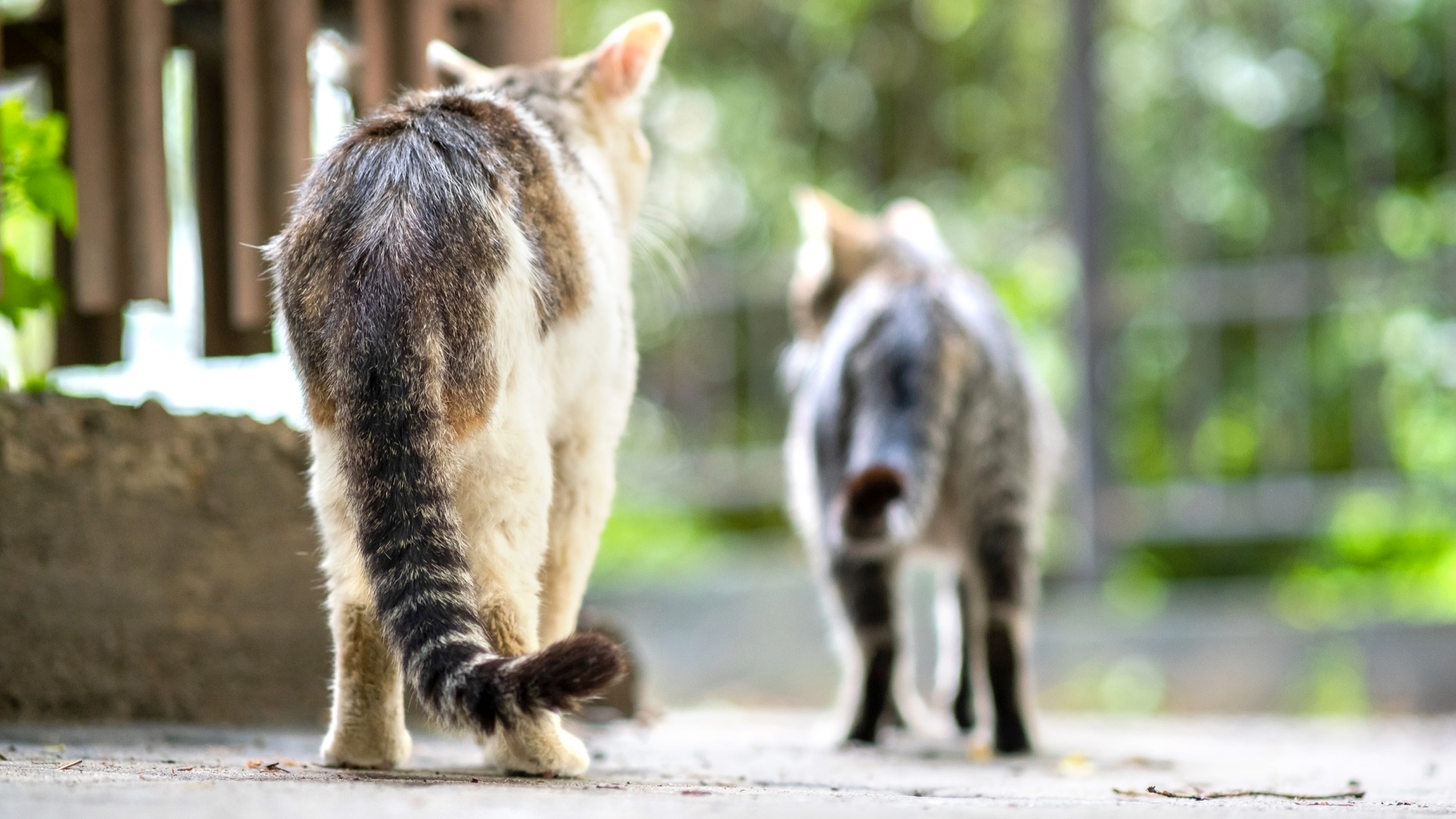
Enriching the environment for your indoor cat can help her live a happy, fulfilled life and may prevent behavioral problems. Cats love having access to multiple resources. If you have more than one cat, the need increases. Resources can include: litter boxes, food, resting spots, window perches, toys, cat trees, etc.
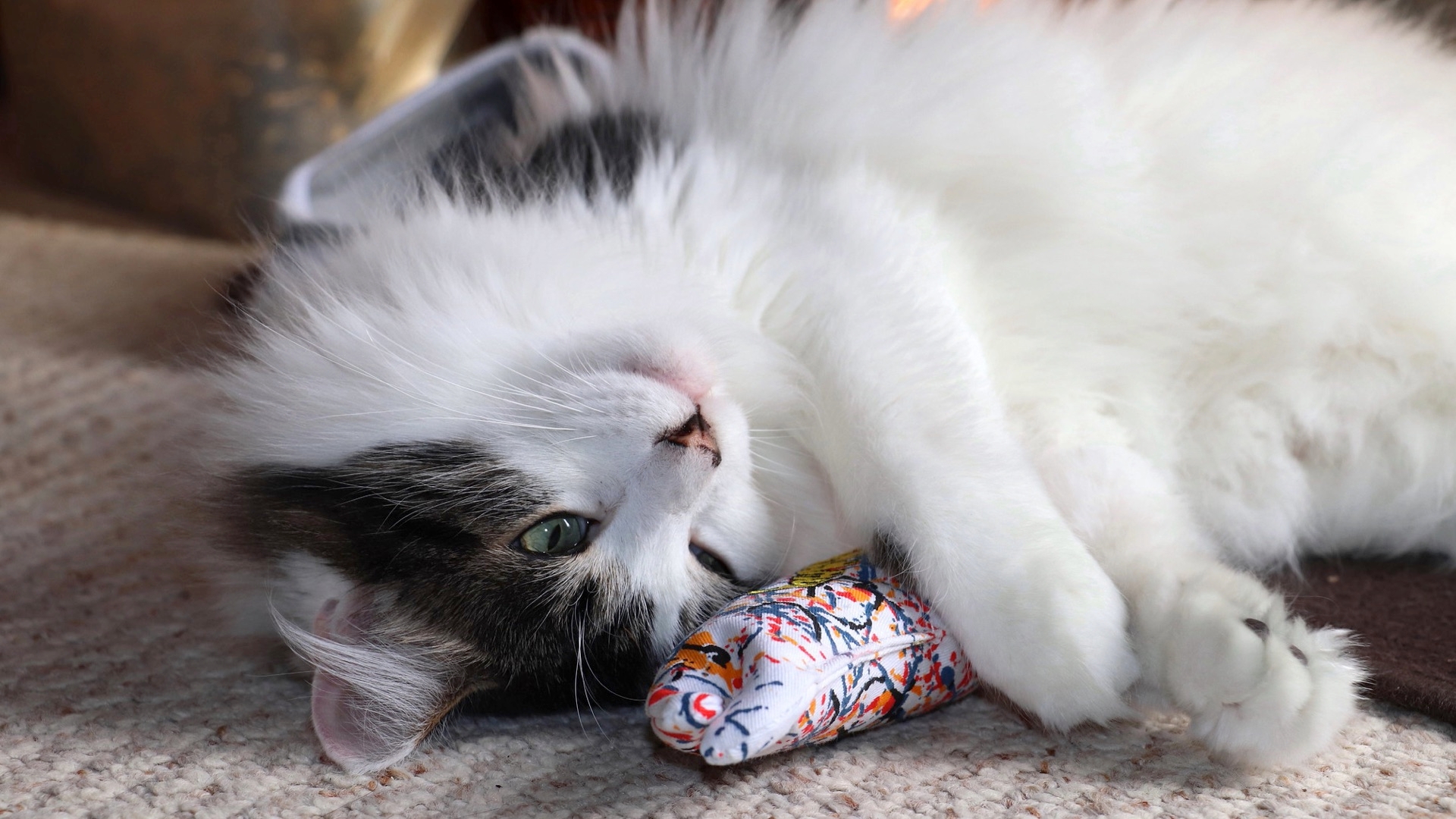
There are many factors that contribute to the safety or danger of a toy. Many of those factors; however, are completely dependent upon your cat's size, activity level, and personal preference. Another factor to be considered is the environment in which your cat spends her time. Although we cannot guarantee your cat's enthusiasm or her safety with a specific toy, we can offer the following guidelines.
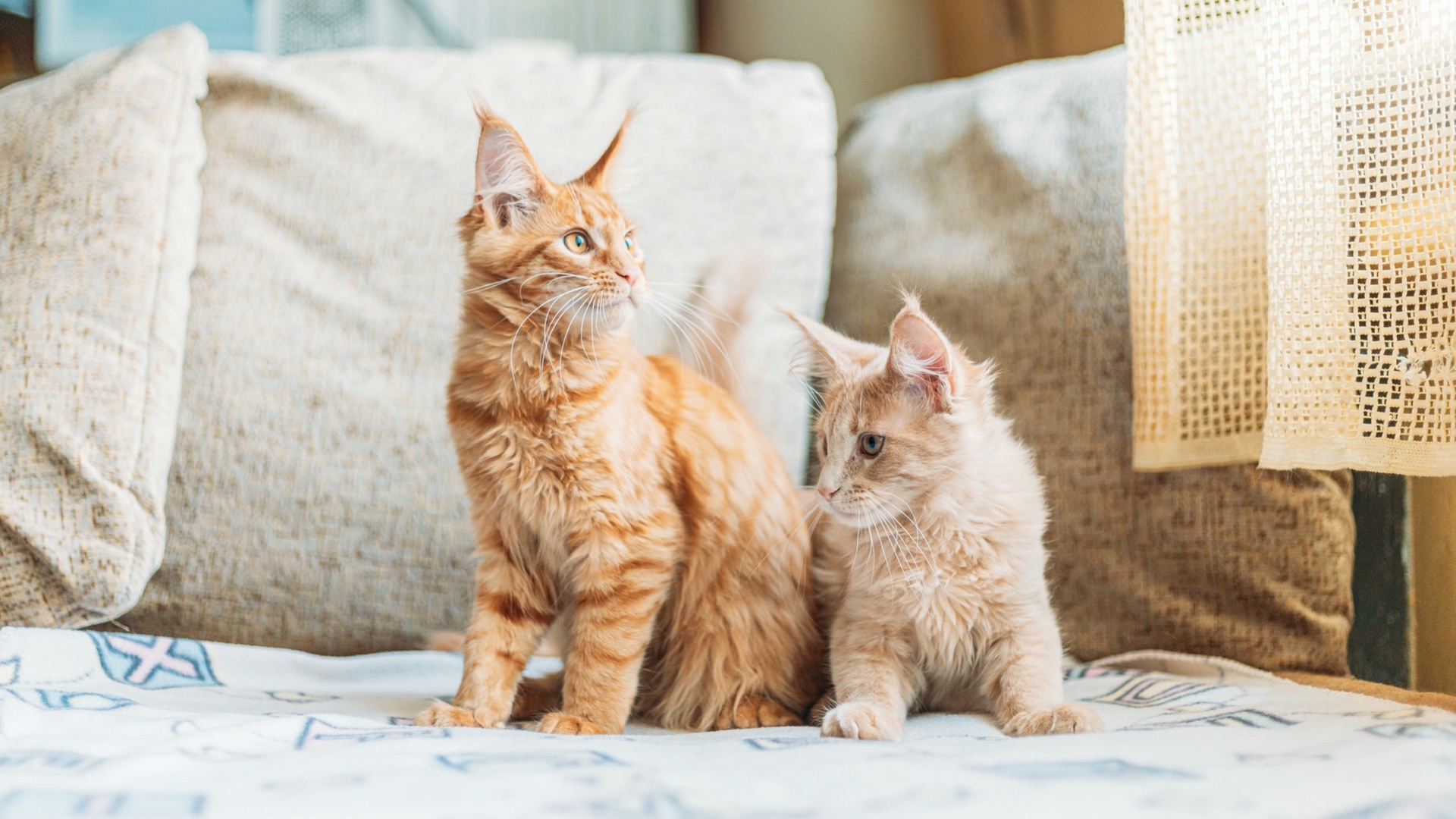
Cats are intelligent, sensitive animals who are completely dependent on their human caregivers. These qualities make them very trainable. In fact, cats have been trained to do certain "tricks" in television commercials and movies. Cats are trained to help the hearing impaired by responding to smoke alarms, doorbells, and telephones. I know of a blind person who is using a cat as a guide in her home. The cat meows a warning just before the person is about to bump into something. Cats can even be taught to use the toilet. Now, if we could only get them to flush it!
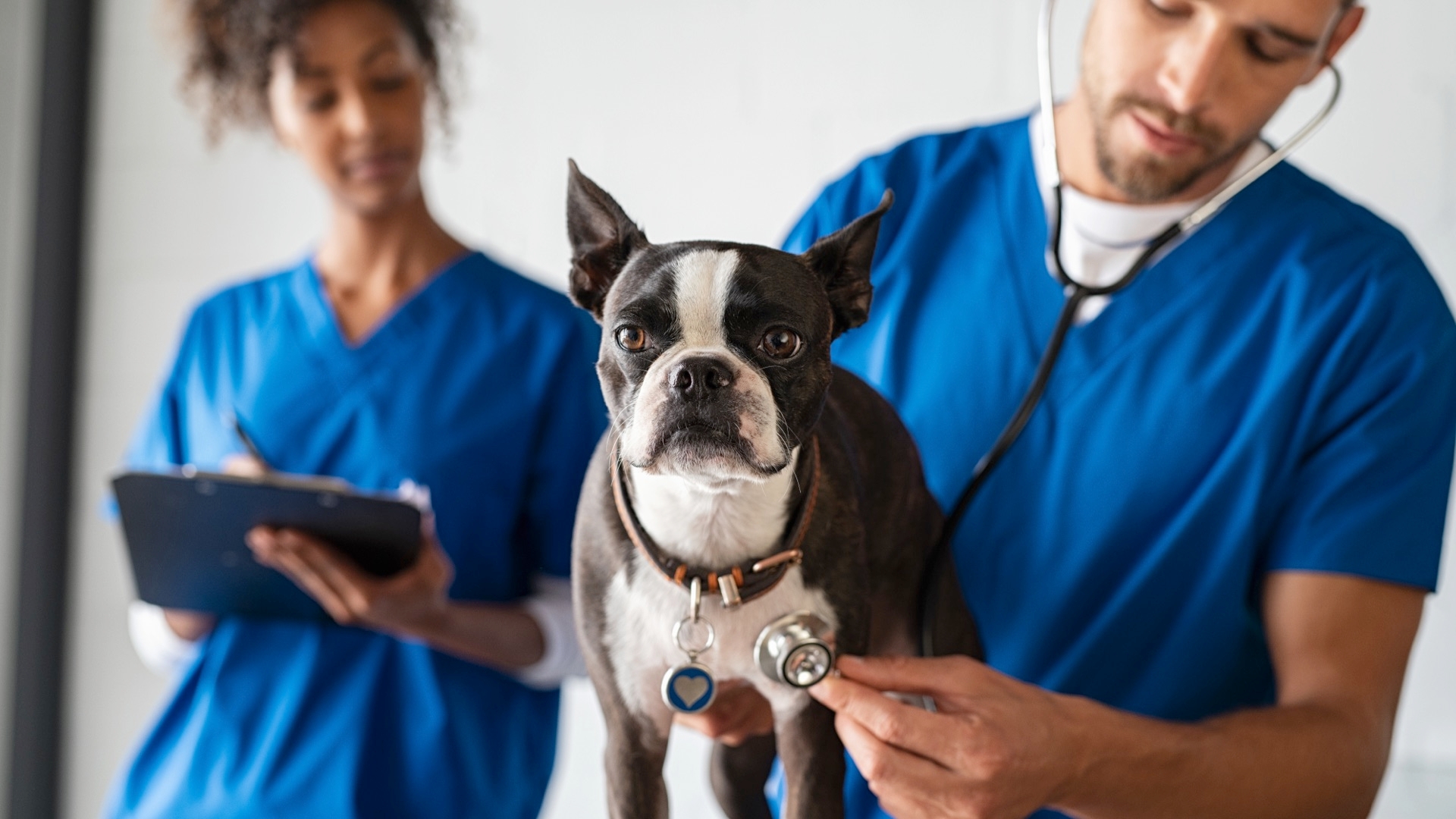
There is no evidence to suggest that pets are significant contributors to COVID-19 transmission. The risk of a pet transmitting the virus to their caregiver is considered very low. However you should make plans for your pets in case you get COVID-19 and can no longer take care of them. This is especially important if you are not vaccinated against COVID-19.
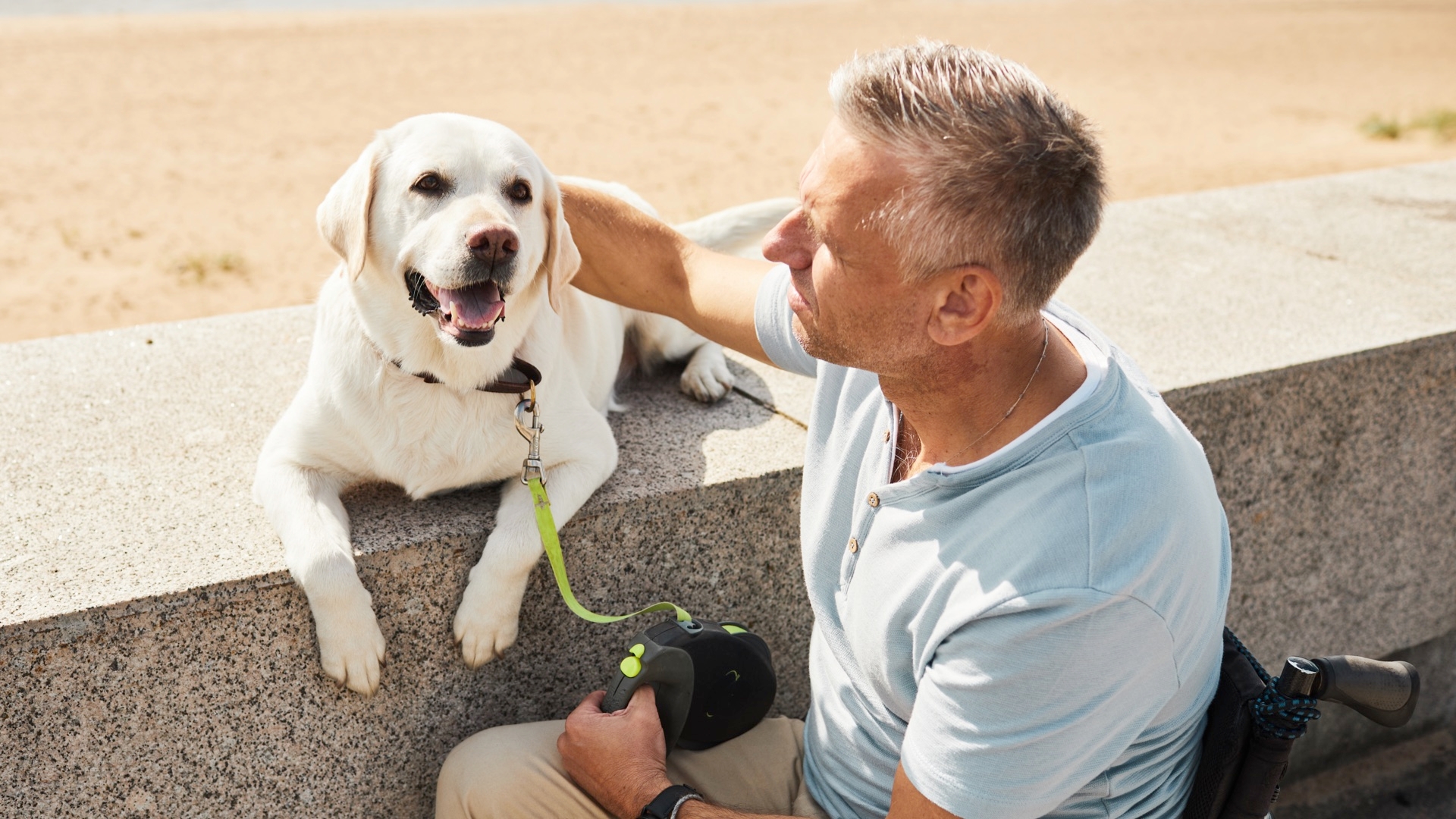
People with weakened immune systems are more likely than other people to get certain diseases, including those that animals can carry. A weakened immune system can be caused by a genetic condition, an illness such as HIV/AIDS, cancer, or kidney disease; or a treatment such as an organ transplant or radiation therapy. In addition, some medicines can weaken the immune system, including steroids, cancer chemotherapy, and drugs used to treat autoimmune diseases like rheumatoid arthritis or psoriasis.
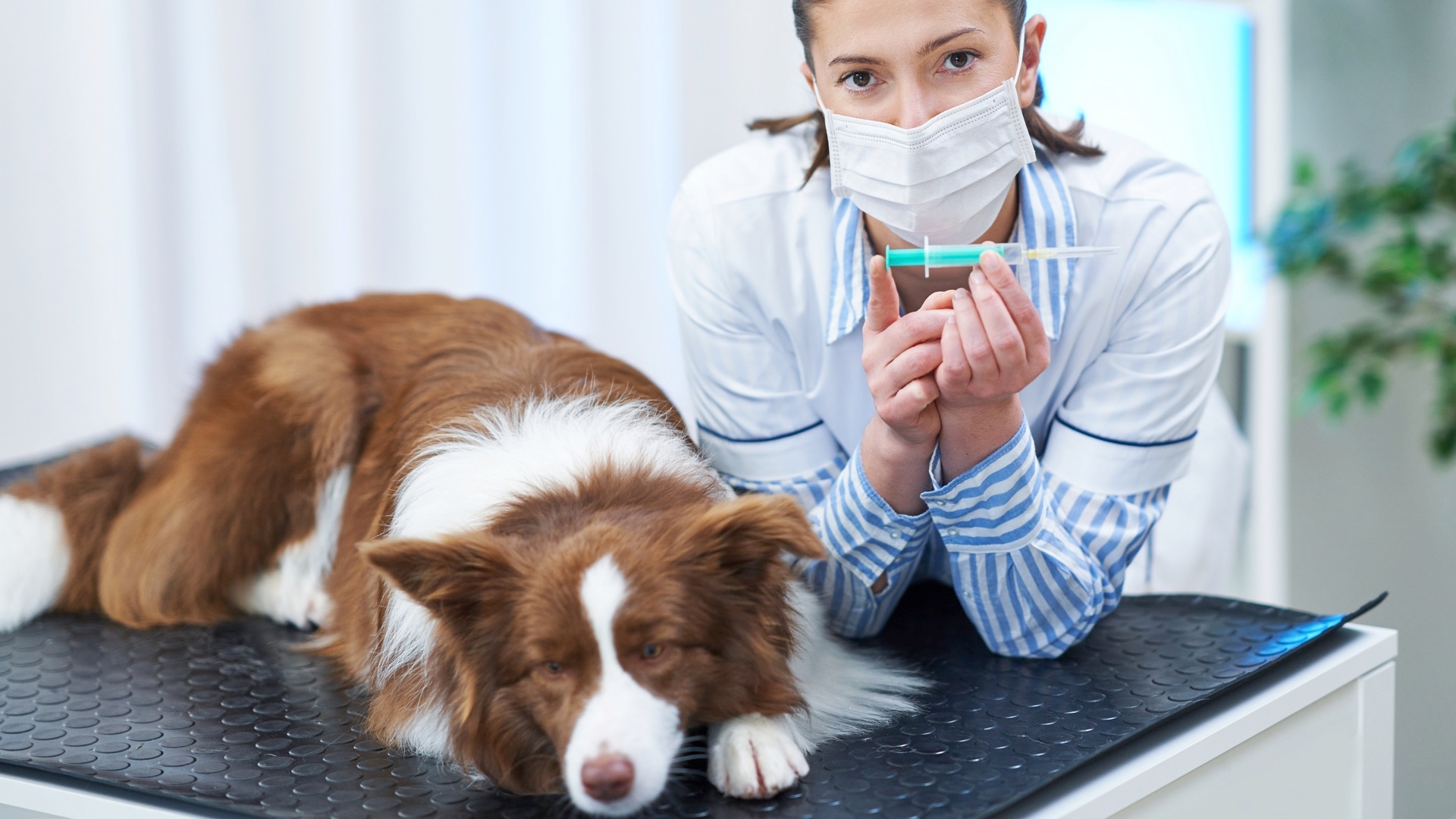
Vaccines help prevent many illnesses that affect pets. Vaccinating your pet has long been considered one of the easiest ways to help him live a long, healthy life. Not only are there different vaccines for different diseases, there are different types and combinations of vaccines. Vaccination is a procedure that has risks and benefits that must be weighed for every pet relative to his lifestyle and health. Your veterinarian can determine a vaccination regime that will provide the safest and best protection for your individual animal.
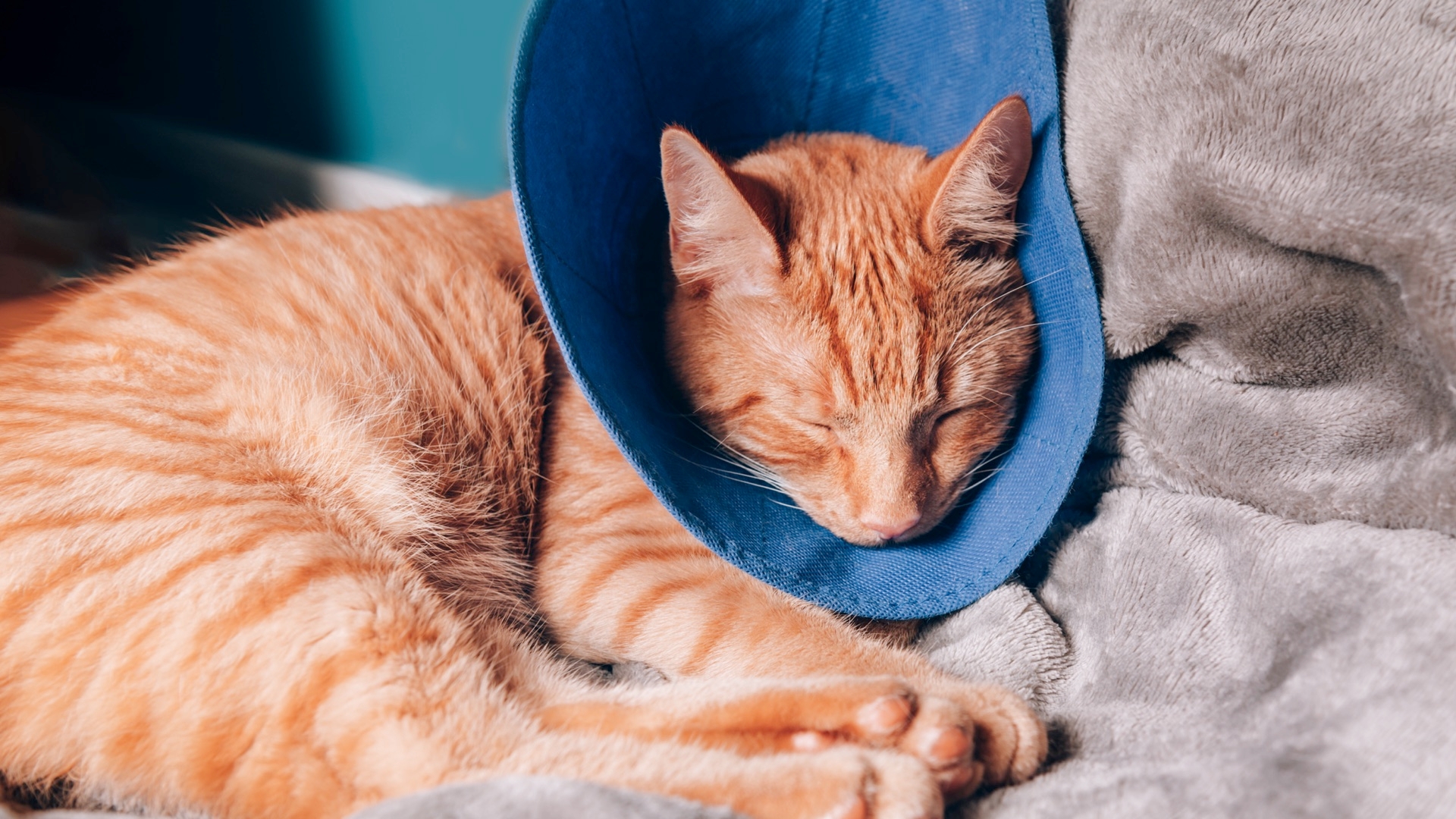
Since neutering requires surgery, it is emotionally traumatic. Handled properly, your cat will recover quickly. Let us first dispel the myths surrounding the neutering of cats. Cats do not get fat and lazy after being neutered. They get that way because of overeating and lack of exercise. Cats do not become more satisfactory pets after they have had sexual intercourse, had their first heat, or given birth to a litter of kittens.
